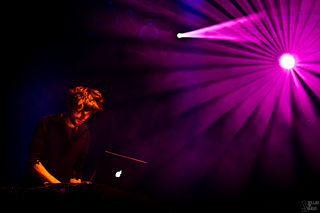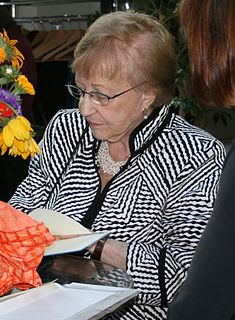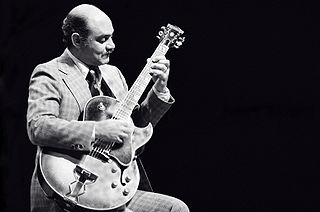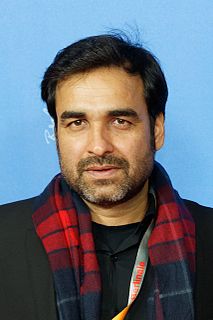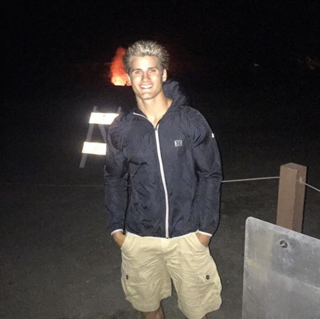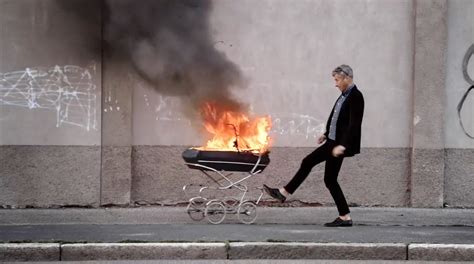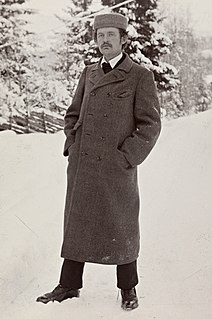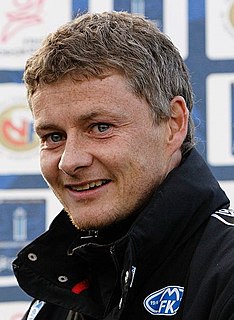A Quote by Hans-Peter Lindstrøm
Sometimes it's a struggle to make everything work. I usually work on music from nine in the morning until three in the afternoon. Then there are the family activities. Then I work again at night - from nine to as late as two.
Related Quotes
The typical workday, particularly in startup mode, is from nine to six or nine to seven, then you take a two-hour break to work out and eat dinner. By that time, you're relaxed, and then you work until midnight or one A.M. If there was no break with physical activity, you'd be more tired and less alert.
I went to work at seven in the morning. Around noon time we got the watery soup. And we worked until seven or eight or nine at night, sometimes later. And then I walked back home - there was no public transportation - into that shared room. And if there was food we would prepare an evening meal depending on what was available. And then probably go to bed because it was cold most the time. And then start the day all over again, six or seven days a week.
I grew up playing the guitar. I started when I was nine, and by the time I was nine and a half or ten, I was doing seven or eight hours' practice every day. I did two hours' practice at six o'clock in the morning before I went to school, and another two hours as soon as I got home from school in the afternoon. Then I did four hours at night before I went to bed. I did that until I was fourteen or fifteen.
Having full-time classes, it doesn't really work out because there's so much workload and so much studying that you really don't have time to train. I'd stay up until two or three in the morning just studying, and then I'd have to go get a few miles running, work out at the gym super late, and try to get my working out in late at night.
I think people overplay the 'Saturday Night Live' schedule. I mean, yeah, it can be some late hours. But the late hours are usually only one or two nights out of the week. You might have a crazy six-day week, but you'll work three weeks, and then you get a week off work. I'd take most jobs if it was hard work and then I got a week off.
I always listen to music when I write! I basically make a playlist for every essay; sometimes it's just one song, or three songs, over and over and over. I sort of find the emotional pitch of the piece, and then match music to it, and then the music becomes a shortcut to the feeling, so I can enter it and work anywhere: on planes, cafes, at work, the train.
What I do is work for three or four years and then I take a year off, and then I come back again and work for three or four years and then take another year off. It is not about just working and then writing for a year. That is not how it is structured. It is about doing very conscious goal-driven activities for four years and then taking a year off in complete surrender to discover facets of myself that I don't know exist and exploring interests with no commercial value associated with them at all.
